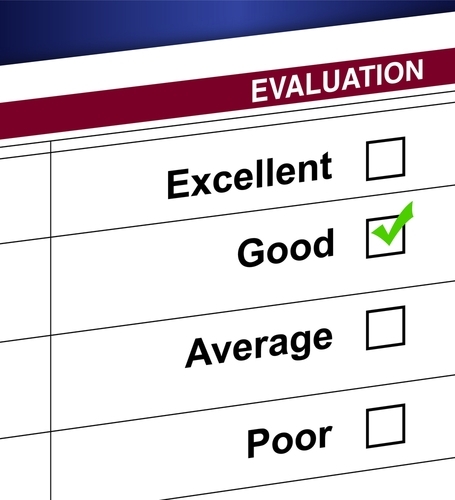
Karen DeSalvo calls for focus on greater EHR interoperability
The Office of the National Coordinator for Health Information Technology is one of the government organizations that has been spearheading the adoption of electronic health records in the U.S., which is why health care professionals turn to the ONC to get answers about the future of this technology in the country.

Providers have received more than $19 billion in EHR incentives
Providers who have become frustrated trying to meet the requirements for the U.S. Centers for Medicare and Medicaid Service' electronic health record meaningful use incentives program should take comfort in the latest report from the CMS.

Healtheway executive director discusses what is happening with the eHealth Exchange
One of the main goals of electronic health records is to allow providers to more easily share patient information.

How is technology impacting the business side of health care?
Electronic health records are poised to change not only how physicians deliver care, but also their office workflows.

Communication will lead to patient engagement in stage 2
In 2014, providers who have elected to participate in the Centers for Medicare and Medicaid Services' meaningful use incentives program will need to begin stage 2.

Doctors need to maintain patient eye contact while using EHRs
Electronic health records are important tools that can help physicians deliver higher quality care to their patients.

New ONC head Karen DeSalvo discusses importance of EHR usability
Providers who are unsure of how much of an impact electronic health records will have on the health care industry may want to turn to a recent statement from Karen DeSalvo, M.D., the new national coordinator for health information technology.

Study shows RECs can be helpful for providers
While implementing electronic health record systems can be an intimidating process for providers who work in organizations of all sizes, it can be particularly tough for small practices.

Providers should prepare for transitions of care measure
As providers begin working toward meeting stage 2 requirements of the Centers for Medicare and Medicaid Services' meaningful use incentives program, there has been a lot of discussion surrounding possible factors that could keep health care professionals from being successful.

Survey shows EHR incentives program is on the right track
There has been a lot of talk about the Centers for Medicare and Medicaid Services' meaningful use incentives program - and not all of it has been positive. Many providers are concerned about stage 2 of the program, and calls to delay the start of this program have been denied.

Factors that make some EHR systems more usable than others
Electronic health record system usability is something that has been discussed a great deal lately.

Study shows patients still value a personal connection to their doctors
Research continues to show that patients are placing increased importance on whether their doctor has an electronic health record system, since they want to have swift and complete access to their medical histories.

Patients express strong desire for more health care technology
Health care providers need to understand that electronic health record systems are not merely pieces of technology that the government is requiring them to adopt - they are also valuable tools that can give patients important insight into their overall health.

Dual coding may be required for ICD-10
Providers who are are working toward achieving meaningful use incentives in 2014 know that this electronic health records program is not the only thing they have to worry about this year.

Fractures in childhood could be a sign of poor bone health in the future
There are many benefits to electronic health records systems for orthopedic doctors.

How connectivity will benefit the medical industry
As providers move through the stages of the meaningful use incentives program, they will need to make sure that their electronic health record systems can communicate with other providers' systems.

Creating EHRs with patient and provider experiences in mind
A major part of stage 2 of the meaningful use incentives program involves getting patients involved with the use of electronic health records.

Breach highlights the importance of regular audits
While electronic medical record systems are great tools that could change the way that healthcare is delivered in the U.S., they can also cause problems if they are not monitored stringently.
